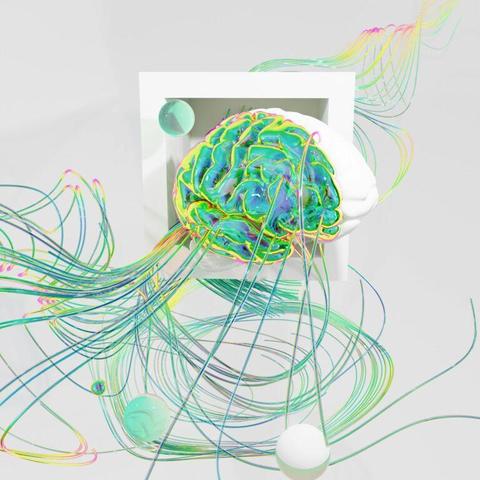Super unusually for me, the poster session was not long enough! A lot of great work by students. Now Johannes Kleiner on “Can no-go theorems help evaluate the possibility of consciousness in artificial systems?” about synthetic phenomenology. Hopefully this talk won't make me as angry as Google deliberately building smoke screens and then shouting "fire!" #artificialConsciousness #AIConsciousness
He's talkinga about verification of chips and instruction sets, right now so that's something.

